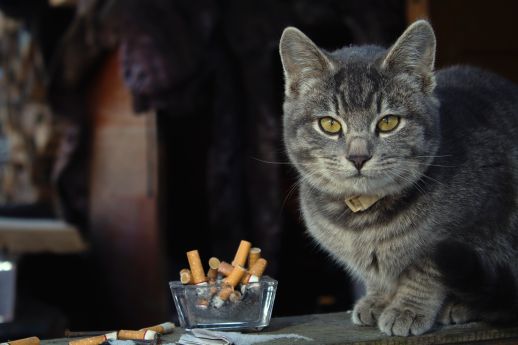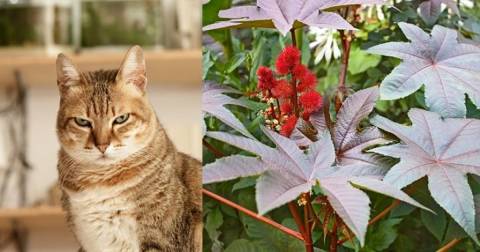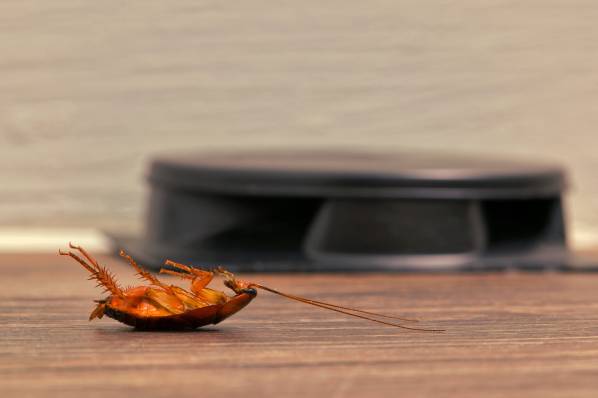Connect with a verified veterinarian in minutes. Licensed vets are available 24/7 to answer your questions. No need to worry about your furry family member.
Tobacco is common for personal use and comes in a wide range of products. But it can be a dangerous substance for cats. You’d be surprised at where a cat may find tobacco! She may find it around the house, if anyone in your home smokes or uses other tobacco products. A cat may even find it outside! But what happens if a cat eats tobacco?
Has your cat eaten tobacco? Are you worried the tobacco will make your cat sick? If so, you’ve come to the right place. We understand it can be scary when your cat eats something like this.
We’ve gathered information about tobacco and whether it can make a cat sick. Let’s get started!
What is Tobacco?
Tobacco comes from plants, including Nicotiana tabacum and Nicotiana rustica. Tobacco contains nicotine, which is an addictive drug that has both depressant and stimulant effects on anyone who uses tobacco.
Tobacco can be found in a wide range of products, including:
- Cigarettes, cigars, and pipes
- Smoked in loose form (in hookahs)
- Chewed
- Dry snuff (for sniffing)
- Wet snuff (held inside the lip or cheek)
- Mixed with cannabis & smoked as joints
Tobacco is legal; however, there are laws strictly governing the manufacture, marketing, distribution, and use of tobacco.
What happens if a cat eats tobacco? Will the tobacco make her sick?
Tobacco & Cats
Unfortunately, tobacco is toxic to cats. The problem comes from the nicotine contained in tobacco. In addition, any part of the tobacco plant is toxic to cats, including wild-growing tobacco plants.
It’s surprising for many pet parents that a cat could become poisoned by tobacco. How could this happen? Like dogs, cats will sometimes eat things they shouldn’t. For instance, a cat might be curious about a cigarette butt she finds outside. She could also come across tobacco products in your home (or outside) and eat them. This is how most nicotine poisonings occur in cats.
In some parts of the country, it’s possible to find wild tobacco plants. If a cat eats this, she can also become poisoned.

Review symptoms, medications & behavior to keep your pets healthy with a Vet Online in just minutes.
Ask a Vet Live NowSymptoms of Nicotine Toxicity in Cats
You may notice the following symptoms if your cat has eaten tobacco:
- Vomiting
- Diarrhea
- Slow pulse
- Dizziness
- Malaise
- Hyperexcitability
- Depression
- Collapse
- Mental confusion
- Weakness
- Hypertension
- Loss of coordination
- Respiratory muscle paralysis
If you notice any of these or other symptoms in your cat, call the vet immediately. This is an emergency.
Treatment of Nicotine Toxicity in Cats
There is no known antidote for nicotine poisoning in cats. However, the vet may induce vomiting and use activated charcoal to remove the nicotine from her system. In most cases, your fur baby may also require an IV for fluids and to administer medications. The vet will also treat other symptoms as they arise.
The prognosis is best for cats who receive prompt medical treatment after eating tobacco. In the future, it’s best to keep all tobacco products out of your cat’s reach. It’s also a good idea to check outside your home if your feline companion goes outside. Keeping cigarette butts and other tobacco sources cleaned up keeps your cat safer. You’ll both be happier for it!
Connect with a verified veterinarian in minutes. Licensed vets are available 24/7 to answer your questions. No need to worry about your furry family member.

Julie
Julie is a graduate of the University of North Carolina, Wilmington, where she studied Animal science. Though contrary to the opinion of her parents she was meant to study pharmacy, but she was in love with animals especially cats. Julie currently works in an animal research institute (NGO) in California and loves spending quality time with her little cat. She has the passion for making research about animals, how they survive, their way of life among others and publishes it. Julie is also happily married with two kids.
Review symptoms, medications & behavior to keep your pets healthy with a Vet Online in just minutes.
Ask a Vet Live Now




